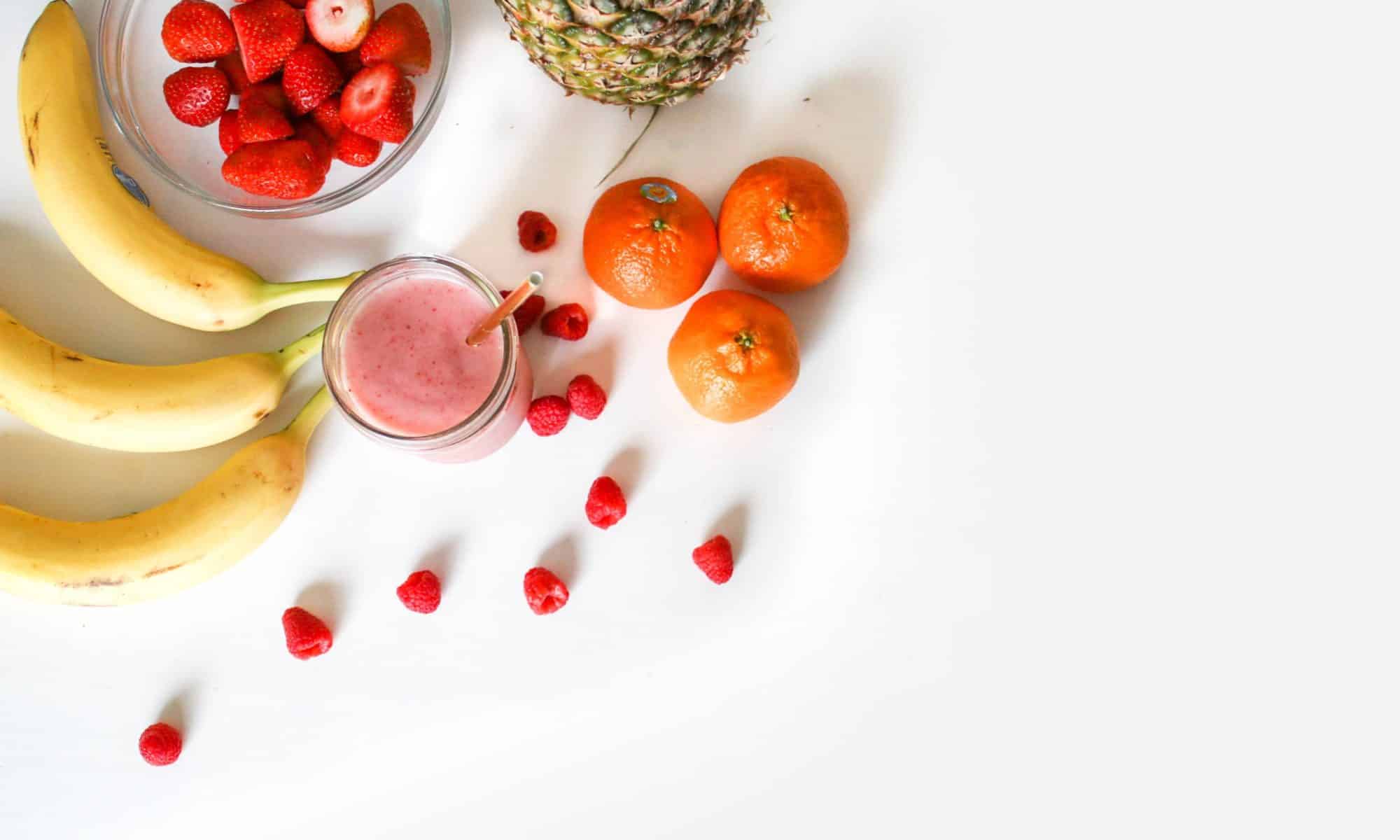Overweight and obesity is increasingly a problem for children across Europe, and Austria is no exception. There, two initiatives have been put in place to try to curb the trend. The ‘Healthy eating from the start!’ programme, established in 2008, focusses on children’s early years – from the prenatal period until the age of 10 – but takes a holistic approach, by addressing families and individuals; environments; and societal and legal structures. In 2019 a new programme, ‘Children eat healthy’, was developed for children between 4 and 10. It is creating and facilitating new resources to stimulate better diets and testing new communication styles for children, their carers, and educators.
By Mag. Melanie Bruckmüller and Mag. Rita Kichler
The situation in Austria
About 30 % of eight-year-old boys are overweight or obese in Austria according to the Childhood Obesity Surveillance Initiative (COSI). Among girls of the same age, the rate is between 21 % (western region) and 29 % (eastern region). According to the Austrian Nutrition Report 2017, 41 % of Austrian adults are overweight or obese.
Overnutrition and an unhealthy diet can lead to serious long-term consequences and contribute to the development of noncommunicable diseases such as type 2 diabetes, cardiovascular diseases and cancer. The high prevalence of overweight and obesity, especially in children, poses a serious problem, not only for Austria but in all of Europe.
‘Healthy eating from the start!’ (Richtig essen von Anfang an / REVAN)
By Lisa Sturm MSc, Lena Klausmann MSc, Mag. Melanie U. Bruckmüller, Dr. Birgit Dieminger-Schnürch and Dr. Alexandra Wolf-Spitzer, nutritionists at the Nutrition & Prevention Centre of the Austrian Agency for Health and Food Safety.
A well-balanced diet and good eating habits are crucial for the health and wellbeing of mothers and babies during pregnancy, lactation, and the early years of life – but they may also have a positive impact throughout the life course.
Children develop food preferences early in their lives. There is an assumption that a mother’s diet during pregnancy and while the baby is being breastfed can already have an impact on the development of the infant’s nutritional behaviour later in life.
Growing levels of nutrition- and lifestyle-associated diseases, especially overweight and obesity in childhood and adolescence, highlight the necessity of target-group-specific and environment-oriented measures. There is a need to create environmental conditions which allow people to live healthily. This means developing tailored actions and activities, and implementing them on three levels: macro (social and legal regulations), meso (setting, environment and communities), and micro (families and individuals).
The programme
The aim of the REVAN health promotion programme is to improve the dietary habits as well as the food environment of pregnant and breastfeeding women and children up to the age of 10 years.
REVAN has five main objectives:
- The elaboration and dissemination of scientifically-grounded and quality-assured information and guidelines.
- The empowerment of the different target groups regarding healthy eating decisions
- The creation of a supportive social environment of the target groups
- The reduction of social inequalities through specific targeting of certain population groups (ethnic minorities, socioeconomic disadvantaged)
- Contribution to the creation of a healthy food environment (including product reformulation, and improved information for consumers)
To guide health promotion implementation and to reach these objectives, an Austrian-wide action plan was created. This plan is based on national and international models of good practice and states relevant intervention strategies. The latest scientific knowledge in the field of infant, child nutrition, and nutrition during pregnancy and lactation were made available to the public and experts. Programme leaders are collating and synthesising the expert knowledge of relevant stakeholders, and are strengthening the information exchange between national and international projects.
The health promotion programme for pregnant and breastfeeding women and children up to 10 years of age was funded by the Austrian Agency for Health and Food Safety (AGES), the Federal Ministry of Labour, Social Affairs, Health and Consumer Protection and the Main Association of Austrian Social Security Institutions.
The project website, www.richtigessenvonanfangan.at, contains further information and resources in German, English, Turkish, and Serbo-croatian languages.
Authors: Lisa Sturm MSc, Lena Klausmann MSc, Mag. Melanie U. Bruckmüller, Dr. Birgit Dieminger-Schnürch, Dr. Alexandra Wolf-Spitzer
‘Children eat healthy’ (Kinder essen gesund)
By Mag. Rita Kichler from the Austrian Health Promotion Foundation
In 2019, a new national movement to improve the nutrition of children aged between 4 and 10 years was launched by The Austrian Health Promotion Foundation (Fonds Gesundes Österreich/FGÖ).
‘Children eat healthy’ aims to reach children, parents, educators as well as those who are responsible for communal catering and communities. It is creating new resources and communication channels as part of its mission. The activities include a healthy eating charter, a website and toolbox, videos and other communication tools, and a call for projects.
The charter
A ‘children eat healthy’ charter (Charta Kinder essen gesund) has been created. By signing up to the charter, organisations signal their support for better diets for children and commit themselves to:
- Promoting healthy eating and drinking with pleasure
- Strengthening knowledge about nutrition and making the right decisions
- Improving group catering for the benefit of children
- Prioritising sustainable, regional, and seasonal foods
- All children having the right to high-quality food and equal health opportunities
- Ensuring the quality of the agreed measures
The website / toolbox
There are many good practice projects, materials, manuals, guidelines, and recommendations concerning child nutrition and implementation in primary schools and nurseries. The challenge is to compile these resources and to make them easily accessible. These are to be compiled and made generally accessible on a website/toolbox.
Communication and Videos
The initiative accompanied by clear communication with the target groups. Videos, social media messages, and press releases are published regularly. The messages cover topics such as eating well, nutritional competence and consumer education, knowledge about food composition and ingredients, catering for groups, and preparing healthy food.
Project call
Project calls are used to design, submit, implement, and evaluate projects to improve the nutrition of children in primary schools. In 2019 a call was opened for projects which can improve nutritional knowledge and habits through, for example, training for educators, workshops for children at school, parent education, and community work. Activities could include improving the provision of group catering in primary schools, or teaching children how to grow and prepare fruit and vegetables. Two projects are due to start in 2020 will run for three years, including a full evaluation.
More information about ‘Kinder essen gesund’ can be found on the website www.kinderessengesund.at
Author: Mag. Rita Kichler



